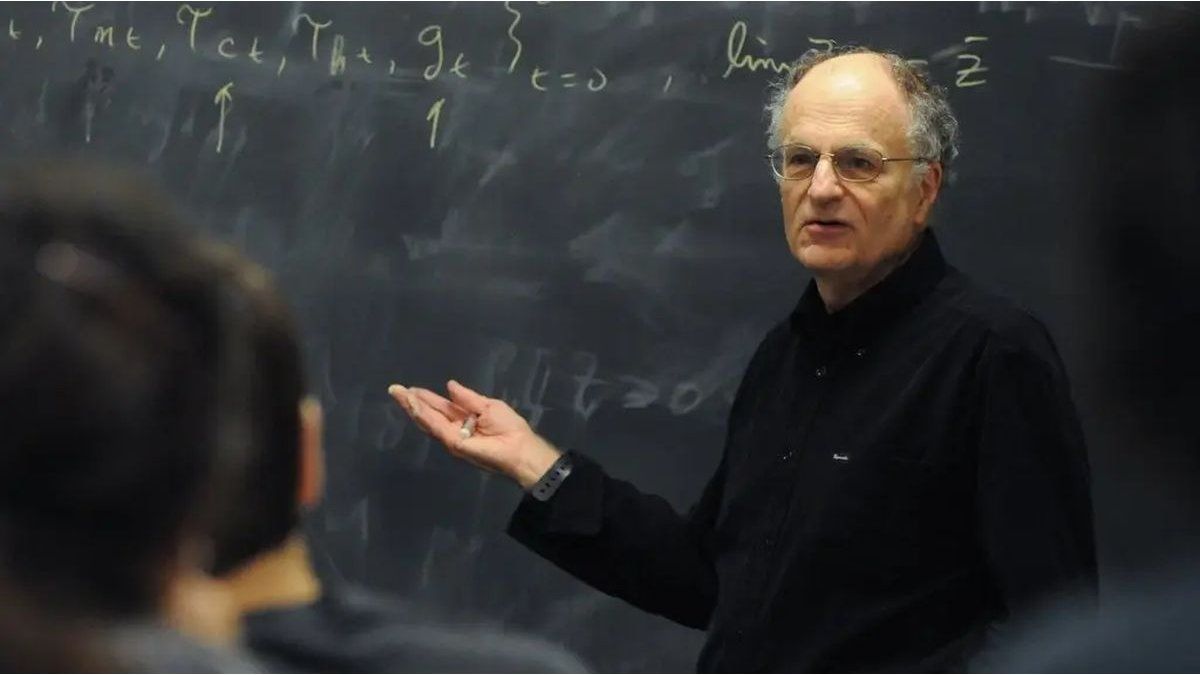Next week, President Javier Milei will receive the 2011 Nobel Prize in Economics. Thomas “Tom” John Sargent in his office. In the Casa Rosada they comment that the President “was pleasantly surprised” when he found out that this prestigious American economist wanted to meet him.
Sargent, a specialist in macroeconomics, currency and econometrics, requested an audience with the head of state to learn more about the details. of the stabilization program applied by the Government. The Nobel winner is known as one of the leaders of the rational expectations revolution and as the author of numerous pioneering works.
Born in Pasadena, California, United States, on July 19, 1943, the researcher is an expert in the relationship between economic variables and politics. Last year he held a meeting with the Minister of Security Patricia Bullrich when she was still a candidate for president.
At the time he was anointed with the Nobel Prize in Economics, the Swedish Academy of Sciences in Stockholm noted that Sargent – who was awarded along with fellow American Christopher Sims – won by “his research on causes and effects in macroeconomics.”
Graduated from the University of California, he obtained a doctorate from Harvard University in 1968. He also held positions at the University of Minnesota, Chicago and Stanford, while since 2002 he has worked at New York University. According to that university, the economist was a first lieutenant and captain in the United States Army, as well as wrote a series of books, including Recursive Macroeconomic Theory and Robustness.
According to his profile on the official Nobel website, Sargent’s area of study is based on examining the relationship between politics and economics; in trying to determine how the economy is affected by unexpected events and changes in policy. It also analyzes the effects of interest rate increases and tax cuts on the production of goods and services, unemployment, inflation and investment.
One of the most important reports that Sargent has to his credit is “The end of four high inflations”. There he analyzes hyperinflation in four European countries between the two world wars of the 20th century. “High and persistent inflation is always and everywhere a fiscal phenomenon, in which the Central Bank is its monetary accomplice”the Nobel Prize winner had said on another visit to the country.
The economist had been in Argentina for the 2nd Argentine Congress of Common Investment Funds (FCI) in Puerto Madero during the government of Mauricio Macri. At that time it was being discussed whether the government should go for shock or gradualism.
Sargent maintained that the way in which these strategies were executed was “anecdotal” if they did not consider their “political or parliamentary sustainability.” Furthermore, he indicated at that time that the important thing about an economic plan is that it be “clear and predictable” to help people “form their expectations.”
Next week you will be able to speak with Javier Milei about the roadmap that the Government is carrying out to close the emission faucet and lower inflation.
Source: Ambito
David William is a talented author who has made a name for himself in the world of writing. He is a professional author who writes on a wide range of topics, from general interest to opinion news. David is currently working as a writer at 24 hours worlds where he brings his unique perspective and in-depth research to his articles, making them both informative and engaging.




